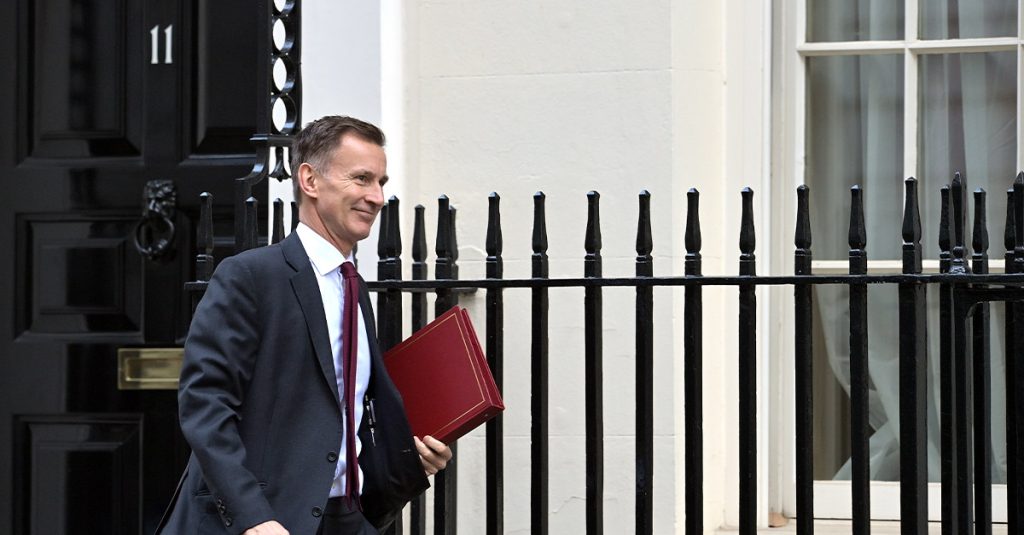Abta has strategically positioned environmental concerns and industry support at the forefront of its Budget submission.
The association outlines priorities crucial for the travel sector’s sustainable future and economic vitality.
Abta’s Key Concerns in the Budget
In its recent Budget submission, Abta has brought to light several urgent concerns. Environmental issues have taken centre stage alongside the necessity for business rates support and a youth mobility scheme. These priorities have been communicated directly to the Chancellor of the Exchequer, Jeremy Hunt MP.
Abta’s submission stresses the crucial role of outbound travel and tourism in bolstering the UK economy. It highlights the popularity of overseas holidays among the public, while calling for a reassessment of regulatory, taxation, and business support frameworks. This reassessment aims to facilitate the industry’s transition towards net zero emissions, ensuring the UK capitalises on job creation and economic opportunities.
Promoting Sustainable Aviation Fuels (SAF)
A key component of Abta’s environmental advocacy is the call for policies that support the domestic Sustainable Aviation Fuels (SAF) industry. Abta suggests implementing measures such as a price certainty mechanism to expedite the government’s commitment to construct five SAF plants by 2025.
Such measures are deemed essential for the UK to remain competitive and to achieve environmental goals. Luke Petherbridge, Abta’s director of public affairs, emphasises the importance of expediting these initiatives to meet the government’s environmental commitments.
Reforming Business Rates
The reform of business rates is highlighted as vital for the recovery of travel businesses, many of which are still grappling with debts accumulated during the COVID-19 pandemic. Abta argues that an overhaul is necessary to alleviate the financial burden on its members.
Abta further highlights the pressing issue of rising operational costs, which are challenging the sustainability and growth potential of travel enterprises. A reformed business rates framework is envisioned to offer relief and enable businesses to thrive in a competitive market.
Youth Mobility and Labour Challenges
Post-Brexit restrictions have introduced significant challenges to labour mobility between the UK and EU countries. Abta underscores the necessity to establish new youth mobility scheme agreements to counteract these impacts.
Such arrangements would be instrumental in addressing staffing shortages prevalent in the travel and tourism sector, thereby supporting its operational efficiency and service delivery capacity.
Sector Representation and Political Engagement
As a major player in the travel industry, Abta is committed to engaging with political stakeholders to advocate for policies that foster sector growth. With a general election anticipated within the next year, Abta’s engagement with politicians across the political spectrum is crucial.
Abta’s Budget submission is one avenue through which it aims to influence policy discussions, representing the sector’s interests and potential contributions to the UK economy.
Abta’s Continued Advocacy Efforts
Beyond the immediate Budget submission, Abta’s commitment to the sector is evident in its ongoing advocacy efforts. It seeks continuous dialogue with policymakers to ensure that the interests of the travel industry are considered in broader economic and legislative contexts.
Luke Petherbridge reiterates the association’s dedication, noting that Abta will persistently voice the sector’s needs to aid its recovery and sustainable growth.
Conclusion
Abta’s Budget submission addresses key issues confronting the travel sector, from environmental initiatives to business sustainability.
The association’s proactive stance and engagement with policymakers aim to secure favourable conditions for the industry’s growth and economic contribution.
By addressing environmental and economic challenges, Abta seeks to foster a thriving travel industry.
The organisation continues to advocate for policies that will drive both sustainability and growth.

